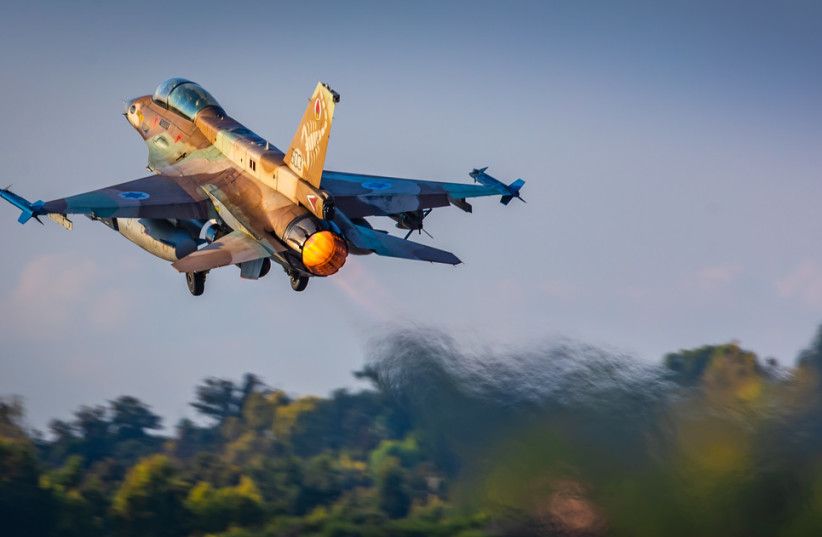American and Israeli security figures met on Wednesday to coordinate their efforts to prevent Iran from acquiring a nuclear weapon and deter its "aggressive regional activities," according to a White House press statement.
At the meeting were, US National Security Advisor Jake Sullivan, Israeli National Security Advisor Eyal Hulata and other representatives.
The two also reiterated the ongoing cooperation between the US and Israeli militaries, remaining committed to close coordination.
The statement comes just hours after hundreds of Israel Air Force planes, including fighter jets and refueling aircraft, took off overnight Wednesday from various bases to simulate striking targets far from Israel’s borders, including in Iran. In May, it was reported that the US Air Force would refuel Israel Air Force fighter jets during the drill.
The exercise, part of the IDF’s month-long Chariots of Fire drill, saw fighter jets, transport planes and refueling aircraft take off from several bases in Israel for Cyprus.

Israel has significantly increased its readiness level and has taken steps throughout the past year to prepare a credible military option against Iran’s nuclear facilities.
Iran talks remain stalled
The statement also comes as talks concerning a return to the JCPOA nuclear deal remain stalled.
The United States, France, Britain and Germany are pushing for the IAEA Board of Governors to condemn Iran for failing to resolve longstanding questions about illicit uranium traces at undeclared sites, according to a draft resolution.
If the resolution is approved, it would be only the second time the Islamic Republic has been condemned since before the 2015 JCPOA nuclear deal was signed.
Some worry that the move could also anger Iran, damage the prospects for rescuing the 2015 Iran nuclear deal and lead to retaliation.
Iran's Foreign Ministry spokesperson Saeed Khatibzadeh warned on Wednesday that Iran would respond "firmly and appropriately" to any "unconstructive action" by the Board of Governors, adding that "those who view the Board of Governors and the Director General's report as leverage and tools of political games against Iran are responsible for the consequences."
Reuters and Anna Ahronheim contributed to this report.
